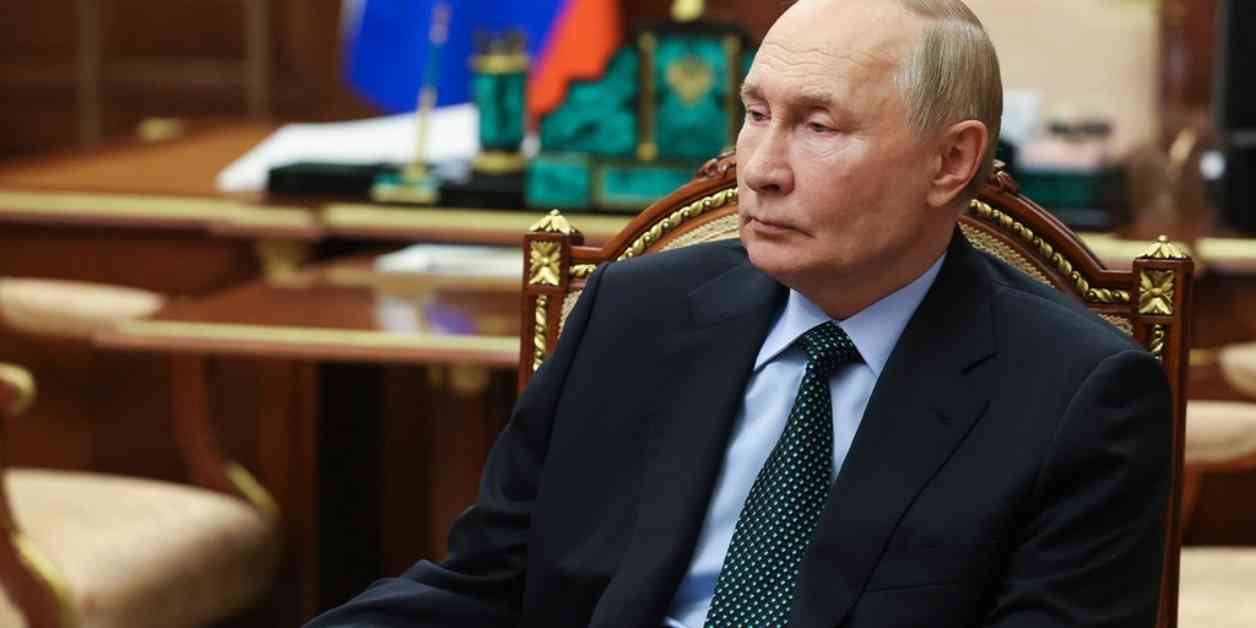Putin’s Debt Relief Offer: A Recruitment Tool in Ukraine War
Russian President Vladimir Putin has made a bold move by offering debt relief to new recruits joining the country’s military for one year, a strategy reminiscent of President Biden’s initiatives. Putin recently signed a law that allows individuals who enlist in the Russian military after December 1, 2024, to have debts of up to 10 million rubles, approximately $96,000, written off. This law specifically targets debts for which a court order for collection was issued, and enforcement proceedings had commenced before the specified date. Additionally, this legislation extends to the spouses of new recruits, indicating a comprehensive approach to incentivizing military service.
Russian Military Expansion
The decision to offer debt relief to military recruits aligns with Putin’s broader strategy of bolstering Russian forces as the conflict with Ukraine intensifies. Recent reports from the Associated Press have revealed that North Korea has dispatched an estimated 10,000 troops to support Russia’s military campaign. Moreover, Russia has engaged in controversial recruitment practices, such as enlisting hundreds of Yemeni men under false pretenses, in cooperation with the Houthi terrorist network, to participate in the conflict in Ukraine.
Biden’s Loan Forgiveness Programs
In contrast, President Biden’s administration has focused on implementing student loan forgiveness programs as part of its domestic agenda. Most recently, the administration announced a substantial $4.28 billion in student loan handouts, targeting public workers and aiming to alleviate financial burdens for borrowers. This initiative builds on previous efforts that have led to approximately $180 billion in loan forgiveness for nearly 5 million borrowers. The Biden-Harris administration has emphasized the importance of creating incentives for public servants to pursue and maintain their careers by offering debt relief after a specified period of service.
Human Impact of Recruitment Strategies
The recruitment tactics employed by both Russia and the United States have significant implications for individuals caught in the midst of geopolitical conflicts. For the Yemeni men deceived into joining the Russian military under false pretenses, the promise of high-paying jobs and citizenship has turned into coercion, with many being forced to sign fighting contracts at gunpoint and deployed to the front lines in Ukraine. These stories underscore the human cost of military recruitment strategies that exploit vulnerable populations for political gain.
In conclusion, the intersection of debt relief incentives and military recruitment strategies in the context of ongoing conflicts highlights the complexities of global power dynamics. As world leaders navigate these challenges, the impact on individuals and communities caught in the crossfire remains a stark reminder of the human toll of armed conflicts.


